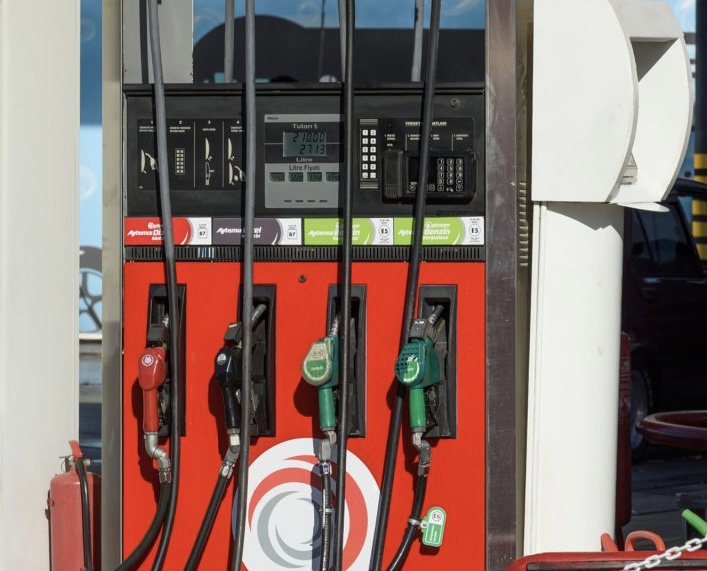KEY POINTS
- Egypt raises fuel prices by up to 12.7% in its second hike this year.
- Government pledges to freeze prices for at least 12 months amid subsidy reforms.
- Move aligns with IMF-backed austerity efforts to narrow budget and current account deficits.
Egypt has raised prices across a broad range of petroleum products, its second increase this year, as the government continues efforts to rein in subsidies and narrow a widening budget deficit.
The latest hike, published in the country’s official gazette on Friday, will see fuel costs rise between 10.5% and 12.7%, following a near 15% increase in April. The petroleum ministry said the government would now freeze domestic fuel prices for at least one year, citing both regional instability and global market trends.
Diesel, which powers much of Egypt’s transport and agricultural machinery, climbed by two Egyptian pounds to 17.50 pounds ($0.04) per litre. Petrol grades also rose sharply, with 80 octane now selling for 17.75 pounds per litre, 92 octane for 19.25 pounds, and 95 octane for 21 pounds.
Government leans on subsidy cuts and IMF support to ease fiscal strain
The Ministry of Petroleum said Egypt’s refineries would continue operating at full capacity and that payments to international partners would be maintained to encourage investment and boost local output. Officials emphasised that diesel would remain subsidised, even if other fuel types rose above cost levels to help offset the shortfall.
The International Monetary Fund has pressed Cairo to scale back fuel, electricity, and food subsidies under an $8 billion loan programme aimed at stabilising the economy and expanding social safety nets. The government has pledged to align domestic energy prices with actual market costs by December.
Egypt’s external position remains fragile. The central bank reported a current account deficit of $2.2 billion in the second quarter, with oil import costs rising to $500 million from $400 million a year earlier. The continued subsidy cuts are part of wider fiscal adjustments as the country grapples with inflationary pressure, currency weakness, and rising debt servicing costs.
Officials say the latest policy is intended to balance economic reform with social stability, ensuring that energy supply remains uninterrupted while reducing dependence on costly imports and subsidies.



